The advancement of computer systems that can execute activities that would ordinarily require human intellect, such as learning, problem-solving, and decision-making, is referred to as artificial intelligence. Image recognition, natural language processing, and autonomous vehicles are all examples of how AI technology is being employed.
Artificial Intelligence is being applied in a variety of industries, including manufacturing, customer service, and healthcare. AI has the potential of improving the efficiency and productivity of work. There is a serious concern that if industries begin to implement AI for tasks, will AI replace the need for human labor? and will there be a necessity for retraining and upskilling in the age of Artificial Intelligence?
Artificial intelligence is redefining the way we work and affecting the job market in a number of ways as it advances. AI is having a big influence on the future of employment, from automation to the gig economy. AI is assisting in this trend by providing more flexible and autonomous employment arrangements. Unfortunately, there are also disadvantages to the gig economy, such as a lack of job security and benefits.
AI also has an effect on leadership and management as well. AI is being deployed for decision-making and data analysis, and it has the ability to enhance and improve human leadership. However, there is a possibility that AI may replace human managers, and the ethical aspects of this development must be considered.
AI advancements are shaping the future of employment in general. Individuals and companies must be aware and active in this process to guarantee that the impact of AI on the job market is beneficial.
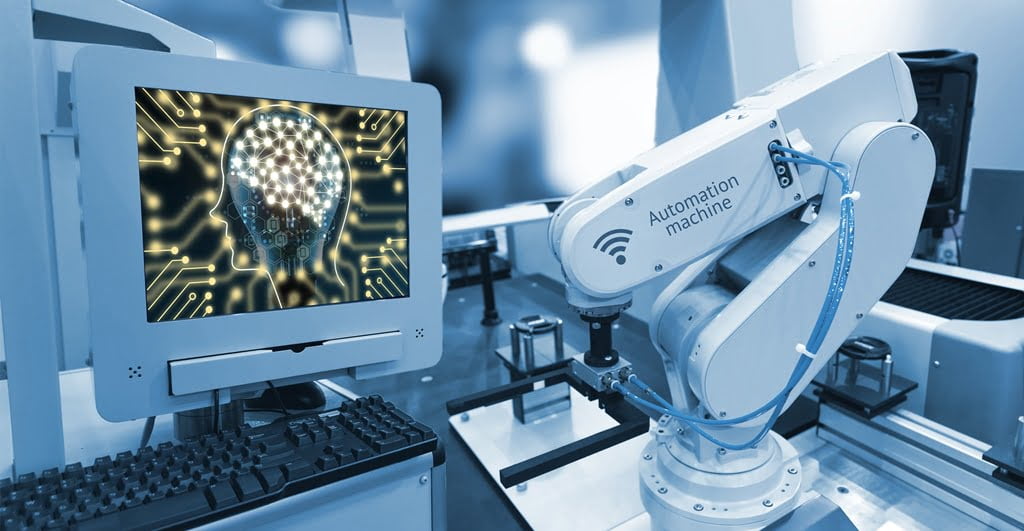
Job Automation With Artificial Intelligence
As artificial intelligence advances, it will play an increasingly important role in job automation. AI systems are being used to improve efficiency and productivity in a wide range of industries including manufacturing, customer service, and healthcare.
Within the manufacturing industry, AI is being applied to automate operations such as assembling and quality control. Using AI in this industry surely increases the efficiency and productivity of work. This poses a major concern whether the jobs of the employees will be displaced by AI.
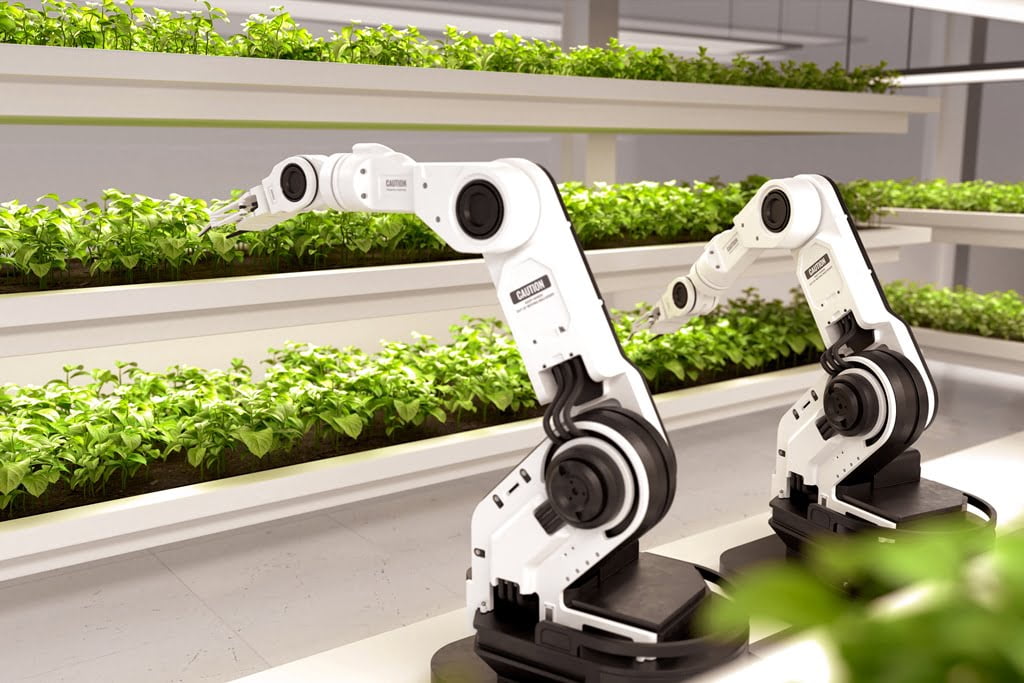
When discussing customer service-related jobs, there is also a possibility of not needing customer service assistants since AI chatbots are being utilized to handle complaints and inquiries which has a possibility of increasing productivity.
The function of artificial intelligence in job automation is a complicated and diverse topic that must be thoroughly considered. While AI has the potential to assist society, it is essential to assess the impact on human labor as well.
Education With Artificial Intelligence
The utilization of artificial intelligence in job automation has consequences for the necessity for continuous education and training. As artificial intelligence continues to change the job market, it is essential for employees to keep current on the latest advancements and gain new skills in order to remain competitive. Retraining or upskilling may be required to adapt to the changing nature of employment in the era of AI.
The influence of AI on education and training extends beyond simply preparing students for the job market. There are also significant ethical aspects to consider, including the possibility of AI challenging established education models and the necessity for responsible and ethical use of this technology in education and training.

The knowledge and skills needed to adapt to a changing job market for the future of employment can be provided by universities and vocational institutions. Other than that, people can refer to online resources and programs available to get more flexible and accessible education and training opportunities.
Leadership and Management With Artificial Intelligence
The ability to examine data and make informed decisions based on reliable factors is one possible benefit of AI in leadership. This has the potential to increase efficiency and decision-making, but it is necessary to evaluate the possibility of AI bias or errors. Human executives must also be aware and active in the decision-making process to ensure that AI is handled ethically and responsibly.
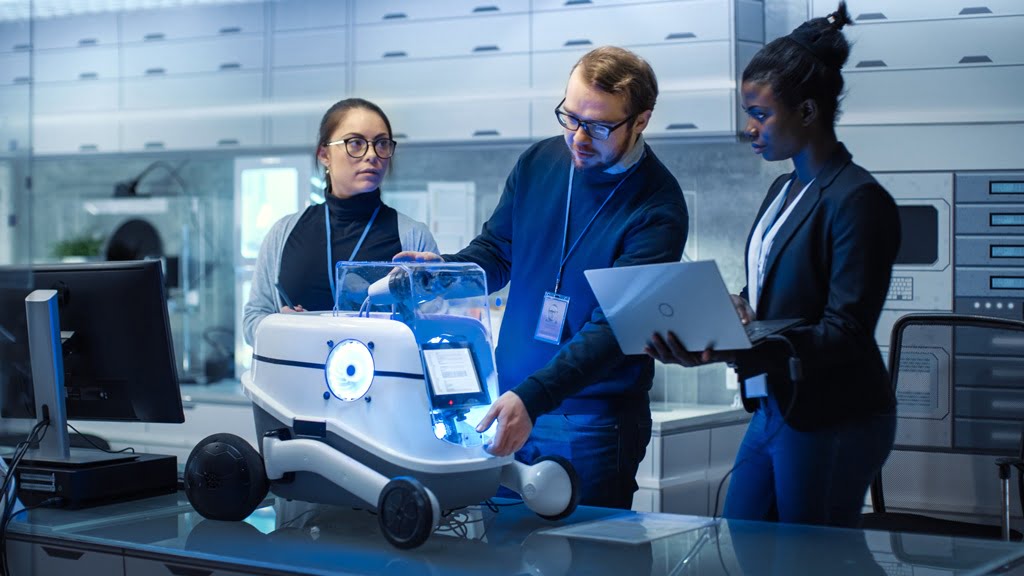
Another possible advantage of artificial intelligence in leadership and management is the opportunity for human executives to focus on new business opportunities and perform more complex duties.
The Upcoming Gig Economy and Future of Work
There has been an increase in the number of people choosing flexible and independent work arrangements. Artificial intelligence is supporting this trend, with services such as Uber and Airbnb utilizing AI to connect workers with clients and enabling more flexible work schedules.
There are both advantages and disadvantages to gig work. Advantages like the ability to have our own schedule with the possibility of earning a higher income. But as disadvantages, there is an issue in job security and lack of benefits like healthcare and retirement plans.
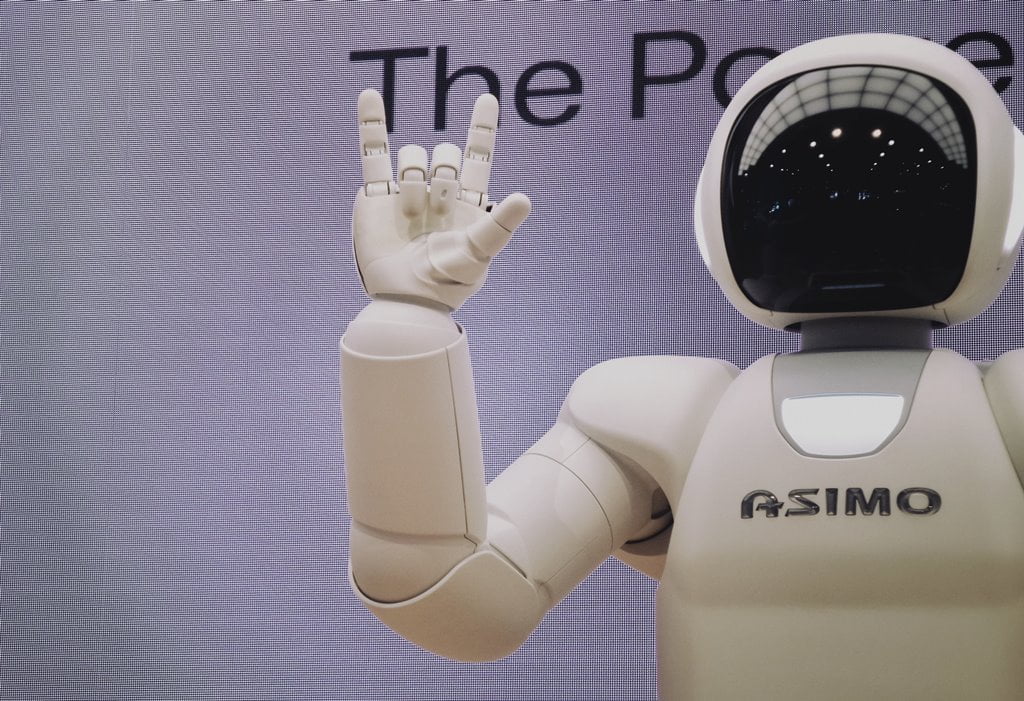
AI advancements are shaping the future of employment, and it is essential for society to be aware and active in this topic. It is feasible to create a positive and sustainable future of employment by examining the ethical implications and moving toward responsible and balanced implementation of AI.


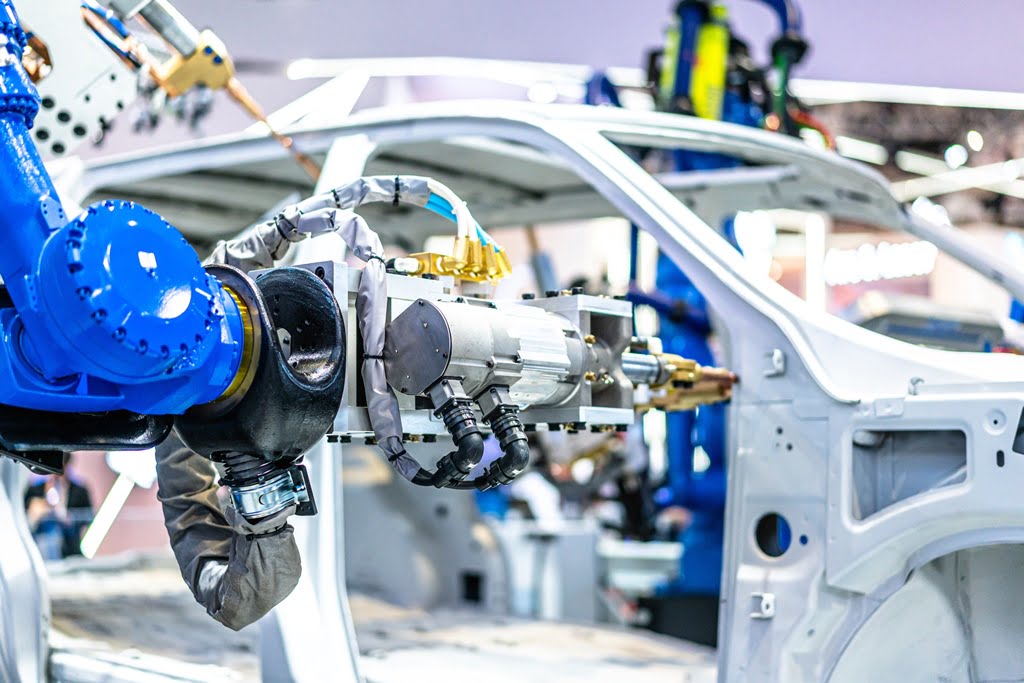



0 Comments